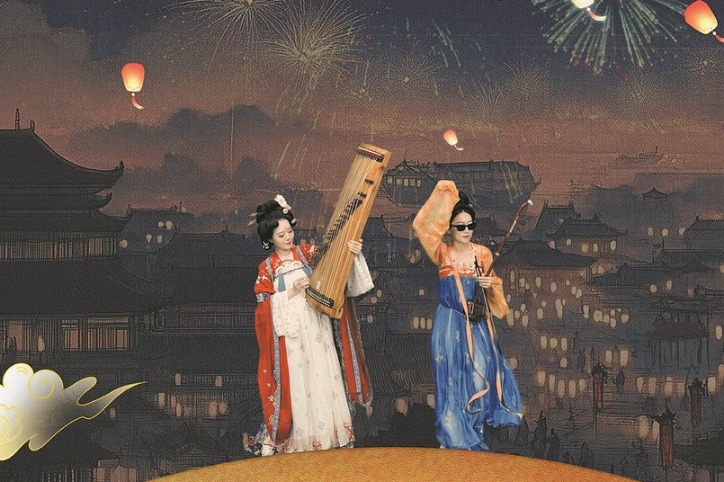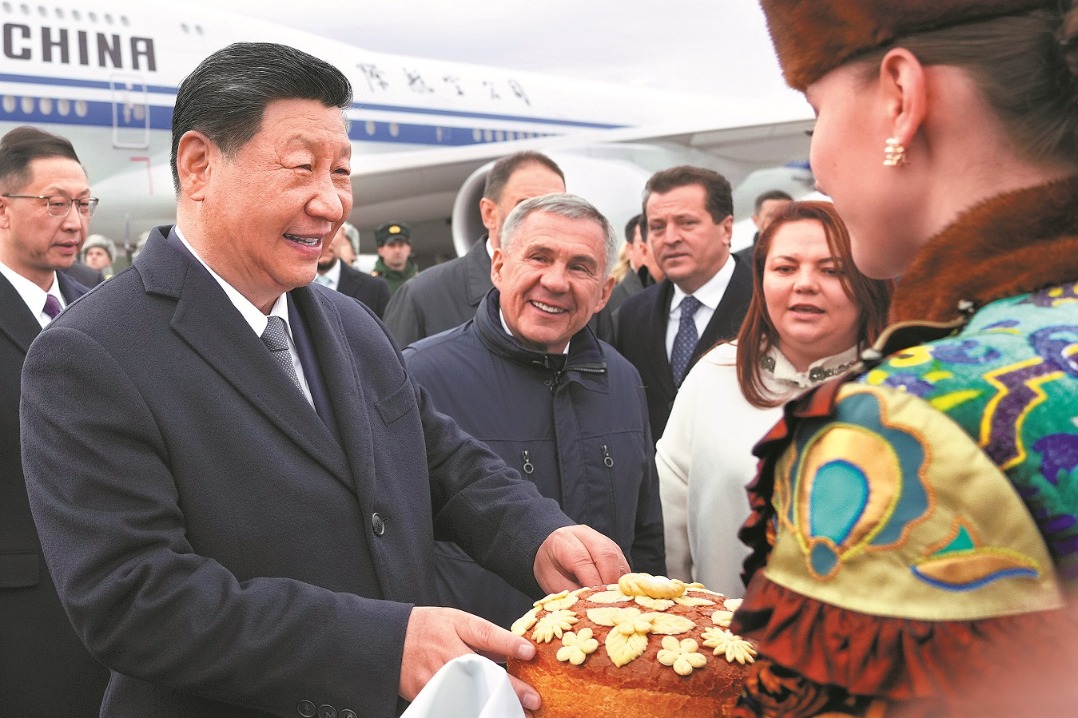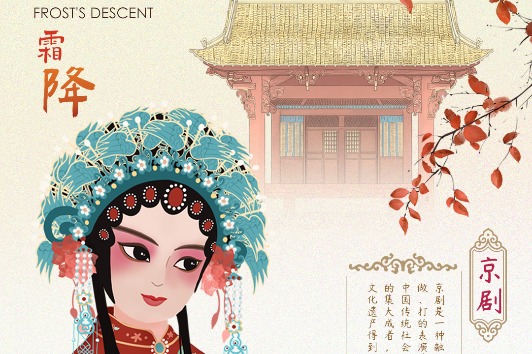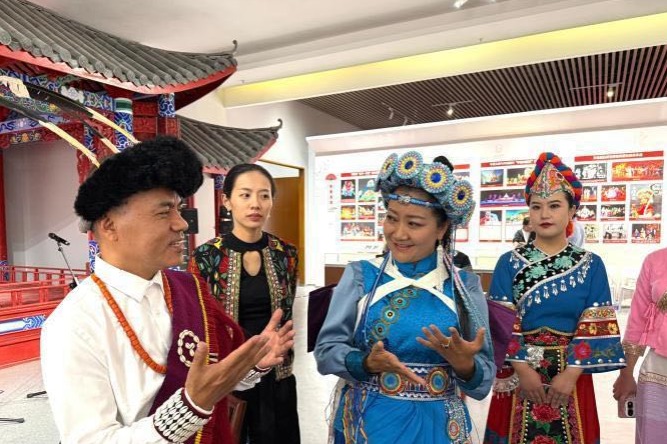Composer of note given a global stage


Born as Zhu Rongshi in Tianjin, Zhu Jianer moved with his family to Shanghai at a young age and taught himself to play the piano in his early teens. He was heavily influenced by Chinese composer Nie Er, who wrote March of the Volunteers, which became China's national anthem. Zhu Rongshi changed his name to Zhu Jianer after Nie died in 1935, literally showcasing his wish of "carrying out Nie Er's will".
Zhu started composing as a young musician and despite having no formal training, in 1949 he was recruited by film studios in Shanghai and Beijing. In 1955, Zhu went to study at the Moscow Conservatory (also known as Moscow State Tchaikovsky Conservatory), where he stayed for five years and started to compose music integrating Chinese and Western elements, encouraged by his teacher, composer Sergey Balasanian.
During his time in Moscow, he composed Festive Overture for the 10th anniversary of the People's Republic of China. In 1960, he returned to his home country after graduation. He also wrote patriotic songs and one of his most well-known, Sing a Song for the Party, which was first released in 1963, is still performed by singers and choirs today.
In 1975, Zhu was appointed as composer-in-residence of the Shanghai Symphony Orchestra.
At 64, he finished his first symphony. From 1985-99, he composed 10 more, which enabled him to emerge as the most prominent symphonist in China. In 1990, his Symphony No 4 won a major European composition competition — Queen Marie Jose International Competition for Musical Composition in Switzerland — making him the first Chinese composer to win the award.
In his lifetime, he also composed 17 orchestral music works, 15 chamber music works and eight vocal pieces. Zhu passed away in Shanghai in 2017, at the age of 95.
"His 10 symphonies are incredibly original and probably the most important symphonies of the late 20th century. Western readers need to thoroughly examine and study his music, particularly his symphonies, to understand how he could take a standard genre of European music, dating to the 1730s, and create works of incredible vitality and spirit," Robison says.
The musicologist can still recall his first interview with Zhu in 2010.The composer was outside his apartment gates waiting for Robison's arrival. Robison was surprised by Zhu's perceptive views on many aspects of music. When Robison asked him about the influence of Buddhist music upon his own thinking, Zhu became so excited with that question that he got up quickly from his chair, and rather excitedly began making big, strong motions with his body as he showed Robison the types of powerful motions accomplished by Buddhist drummers. The musicologist had a second interview with Zhu in Shanghai in May 2015, which he says was equally wonderful.
He also notes that Zhu had an extremely free approach to the European 12-tone technique.
"He always said to me that the most important thing was to write good melodies, and not to worry about the order of the 12 notes in the 'tone row'," Robison says.
























